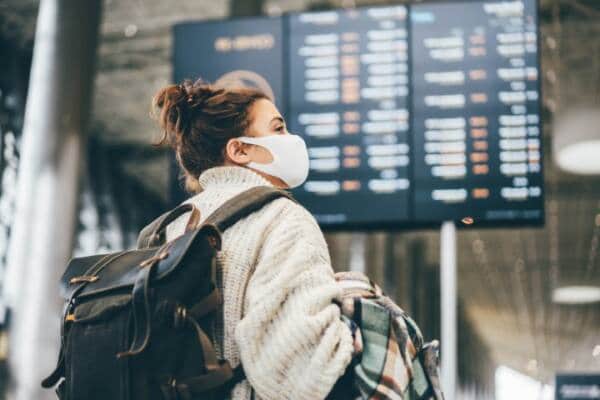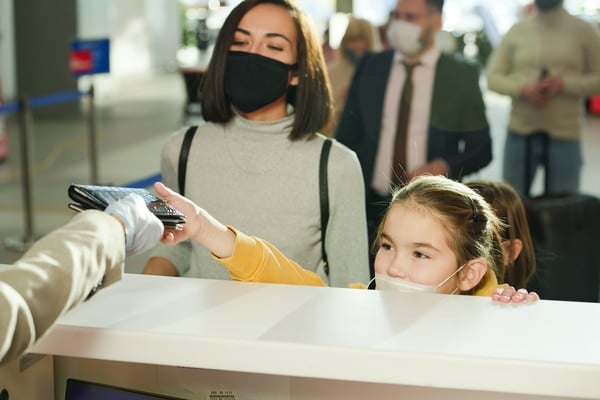Canada announces new restrictions for travellers
 New COVID-19 measures for incoming travellers are implemented by Canada’s government.
New COVID-19 measures for incoming travellers are implemented by Canada’s government.
The announcements were made today by Canada’s Prime Minister, Justin Trudeau and comes after several weeks of pressure from several Canadian provinces to implement tougher travel restrictions.
Air Canada, WestJet, Sunwing, and Air Transat are suspending all flights to “sun” destinations such as the Caribbean effective Sunday, January 31. The measures will be in place until April 30. Trudeau commended the leadership of these airlines in working in concert with the federal government to enact this measure.
Starting next week, international flights can only land in Vancouver, Calgary, Montreal, and Toronto. Incoming travellers will need to take COVID-19 Polymerase Chain Reaction (PCR) test once they arrive and will need to stay in a hotel designated by the federal government at their own expense for three days while awaiting test results.
Trudeau said the estimated cost of this to travellers is $2,000 Canadian. If the test result is negative, travellers will then need to quarantine at home for a total quarantine period of 14 days (three days at the hotel plus eleven days at home). Those with positive test results will need to stay at a designated government facility.
Thirdly, Trudeau declared that all travellers entering Canada from the U.S. land border will need to be tested upon arrival with a negative test result.
International travellers to Canada have recently become more of a concern, given the recent emergence of more infectious variants of the coronavirus, particularly in the United Kingdom, South Africa and Brazil.
The new restrictions will still take place to minimize travel to protect the health of Canadians, especially during the upcoming spring break.
In recent days, Canadians were asked by Prime Minister Trudeau to cancel any future non-essential travel they may have planned. He also suggested the government considered a number of additional measures such as the imposition of rapid testing at airports on returning travellers and mandatory supervised quarantine at certain designated hotels at the traveller’s expense.
The good news at this point is that a number of people are exempt from these travel restrictions, such as Canadian citizens, permanent residents, certain temporary foreign workers, certain international students, or immediate and extended family members of Canadians, among others.
Canada also requires every international air traveller above five years old to provide proof of a negative COVID-19 PCR test done within 72 hours of the traveller’s planned departure for Canada.
Travellers coming to Canada must undergo a 14-day quarantine period which must be prepared prior to arrival in Canada to specify where and how it will be carried out.
Travellers to Canada must also use the ArriveCAN app to send their information to Canadian border services officers and learn how to deal with coronavirus measures at the border. All incoming travellers must use the application to perform daily self-assessments to ensure that the quarantine process is fully completed.
Some Canadian provinces continue to show encouraging declines in the number of new cases and hospitalizations. Prime Minister Justin Trudeau confirmed during recent press conferences that vaccines will continue to arrive despite the threat of protectionist measures by the European Union to limit the export of doses abroad and current manufacturing delays. He reiterated today that the Canadian government is on track to ensure everyone in the country will be able to receive the COVID-19 vaccination by September. Trudeau also noted that research shows only 2 percent of COVID-19 cases in Canada are due to incoming travellers, which is evidence of the effectiveness of travel restrictions.

